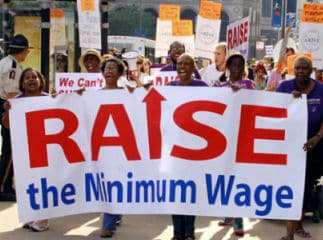Sleep: Are We Doing It Wrong?
Everyone talks about how 8 hours of sleep are essential every night. Obviously the body needs time to rest and regenerate. But what about those times when you get 8 hours and still feel exhausted in the morning? Sure, energy levels can vary for all sorts of reasons. Someone’s diet and physical activity affect their overall alertness and wellbeing. But it’s not natural to force yourself to sleep for 8 straight hours then spend all day working. When some people end their day it’s already too late to do anything but prepare for more sleep.
I’ve personally always disliked the idea of sleeping by society’s standards. I was always a night owl as a child and during my early adulthood I was nocturnal for some time. When my standard schedule had me asleep from 12 PM to 8 PM I was the most creative I’ve ever been. I focused solely on my music in those days so while others were in bed I was at the piano composing.
Sleep Theory

It can be tiresome being tired all of the time.
So when does this become more than just my opinion? Well, consider the following. Back in the 1990s psychiatrist Thomas Wehr conducted an experiment wherein a group of people were exposed to 14 hours of darkness each day for a month. Through the progression of the experiment the subjects naturally began to sleep in two separate 4-hour segments each night. Adding an extra 6 dark hours to the day showed that people’s bodies naturally function better on what’s called biphasic sleep. Literature and personal journals from before vast industrialization also reference a first and second sleep each day. Historically we’ve seen that in between sleeps people used the few waking hours for artistic endeavors, reading, and even sex. Basically enjoyable things that help expand your mind emotionally and intellectually.
From the 17th through the 19th century written references to this kind of sleep became increasingly scarce. As the world became industrialized the idea of work taking up the majority of your time took hold and became socially acceptable. Creating a new world of business and infrastructure took priority over mental and physiological well-being. We’ve all heard the horror stories of the work houses and slave-labor conditions before the ideas of fair pay and unionization began to sprout. People were worked to death for little-to-no compensation to build this country and many others. Now hundreds of years later we have the 40-hour work week. But, we’re still draining our bodies of all vitality and crashing by the end of the day.
Can we change?
Sadly, probably not. With how the workforce and life in general have evolved over the centuries we’re pretty much stuck like this. Some people have schedules that they like and can sleep when works best for them. Others are forced into uncomfortable routines that practically ruin their lives. Either way, working and down time have to find their way into everyone’s lives. But, if you can manage, try fitting an afternoon nap into your day and see how it makes you feel. Some cultures still do this. Finding some extra time in the evening to enrich your life with passion, art, or even just some extra projects can only be a force for good.




